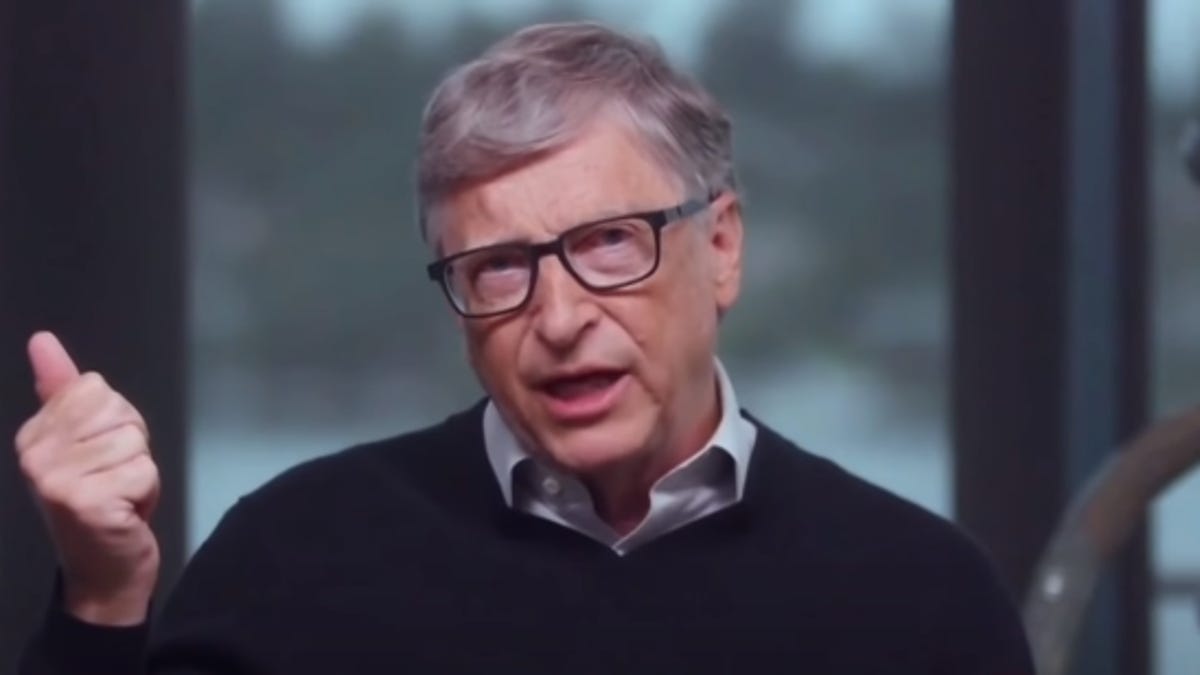Bill Gates: Coronavirus pandemic will end 'for the rich world' by late 2021
The Microsoft co-founder estimates the disease will affect the developing world even longer.

Bill Gates says there should be a widespread vaccine by the end of 2021.
Everyone is eager to know when the coronavirus crisis will be over, and Microsoft co-founder Bill Gates has an idea. But his estimate varies based on whether you live in the developing world or in wealthier countries such as the United States.
"The innovation pipeline on scaling up diagnostics, on new therapeutics, on vaccines is actually quite impressive," Gates told Wired magazine in an interview published Friday. "And that makes me feel like, for the rich world, we should largely be able to end this thing by the end of 2021, and for the world at large by the end of 2022."
Gates, who funds medical research and vaccine programs through the Bill & Melinda Gates Foundation, is no Pollyanna. He's well aware that even if his prediction comes to pass, the outbreak has set countries of all sizes back years as far as economic growth and progress in fighting malaria, polio and HIV.
In the interview, Gates has harsh words for the US testing system, and airs his frustrations with how President Donald Trump and his administration have dealt with the situation. This isn't new -- Gates hasn't been afraid to speak out about the US response to the virus, telling CNN the high number of coronavirus cases in the US is due to lack of testing and contact tracing, as well as resistance to wear face masks. Gates himself has been a target for conspiracy theories and falsehoods about the virus.
But Gates does believe a vaccine eventually will be created, noting that due to scale and manufacturing issues, some of the vaccines under development are likely to only help in wealthier countries.
"It's because of innovation that you don't have to contemplate an even sadder statement, which is this thing will be raging for five years until natural immunity is our only hope," Gates said. "This disease, from both the animal data and the phase 1 data, seems to be very vaccine-preventable."
As far as treatment for those who already have the disease, Gates spoke highly of the antiviral medication remdesivir and the corticosteroid dexamethasone.
"Other antivirals are two to three months away," he said. "Antibodies are two to three months away. We've had about a factor-of-two improvement in hospital outcomes already, and that's with just remdesivir and dexamethasone. These other things will be additive to that."

